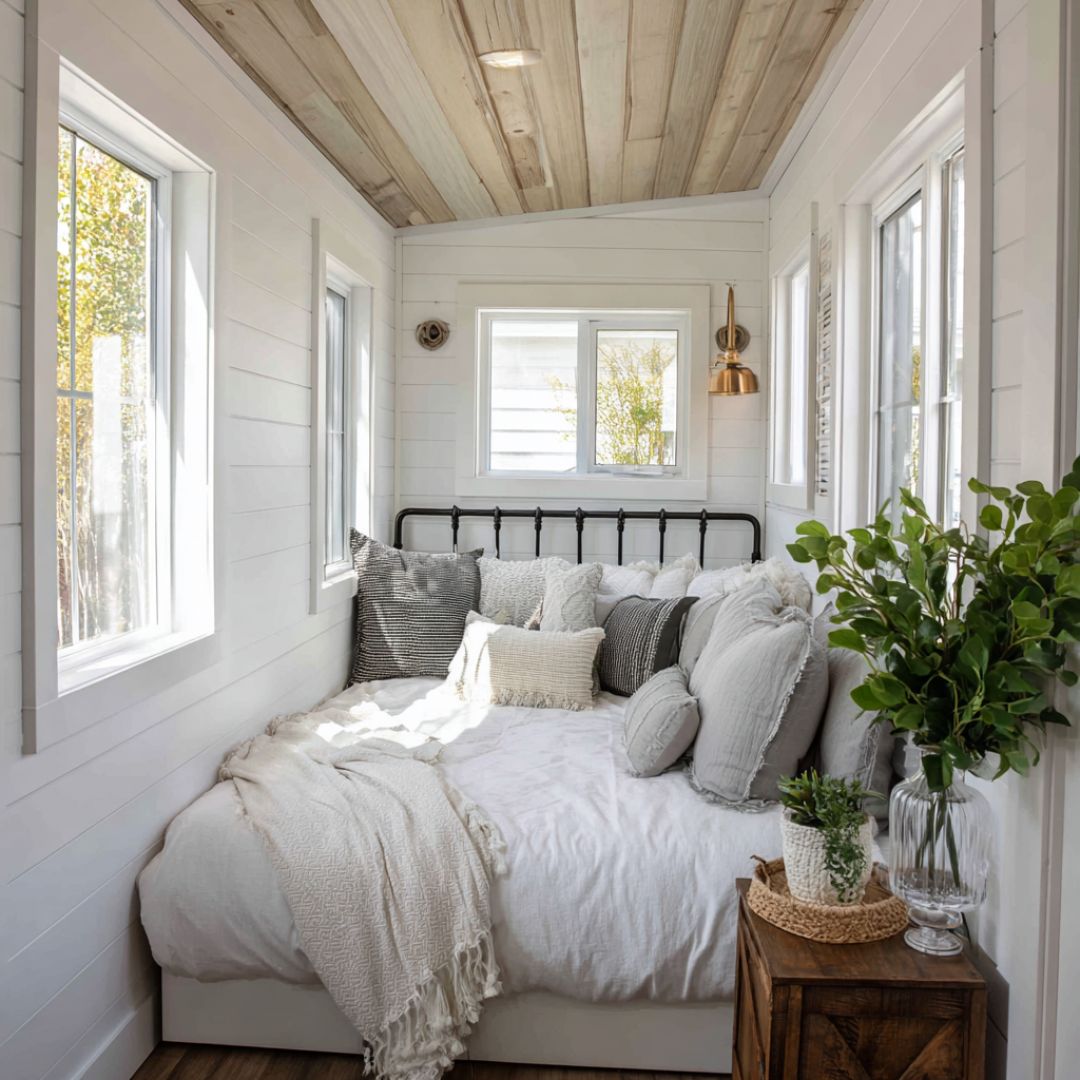Maria never imagined life would bring her here. Once, she had dreamed of stability, of a warm kitchen filled with the laughter of her children. But when her partner left and the rent bills became too heavy, her world fell apart. She tried everything to hold on — working odd jobs, skipping meals so her kids could eat, borrowing money she knew she couldn’t repay. But despite her efforts, she lost their small apartment.
Days turned into weeks of wandering. Maria’s children, too young to understand the gravity of it all, turned scraps into games. She watched them in the street one afternoon, laughing as they stacked empty bottles and old boxes, their innocence shielding them from the harsh truth: they were homeless. Maria turned away, tears stinging her eyes. She felt she had failed them in the most basic way — a roof, a bed, a place to be safe.

The turning point came through an unexpected kindness. A local charity worker noticed Maria’s children outside one evening and asked about their situation. When Maria explained, exhausted and ashamed, the woman smiled gently and said, “I think we can help.” Within days, Maria was told that a donor had sponsored a brand-new tiny house for her family. The words seemed unreal, like a story told to someone else. But then she was handed a key.
The day she arrived at the wooded clearing, her heart pounded. Before her stood the most beautiful sight she had seen in years — a small home with cedar siding glowing in the afternoon sun, a porch lined with flower boxes, and smoke curling from a tiny chimney. Her children squealed with delight, racing up the steps, their laughter ringing through the trees.
When Maria opened the door, she gasped.
Inside, the house was bright and warm, sunlight streaming through wide windows onto polished wood floors. Cream-colored walls made the space feel open and airy. A loft bed above, dressed in thick quilts, promised her the rest she had long been denied. Below, a cozy sofa faced a wood-burning stove, its iron surface gleaming.

But what stopped her in her tracks was the bedroom tucked into the corner. Two small beds sat side by side, each with colorful quilts and shelves waiting for toys and books. Her children climbed onto the mattresses immediately, bouncing and giggling. “It’s ours?” they shouted. Maria nodded, her tears finally spilling over.
The kitchen sparkled with care. A farmhouse sink beneath the window, smooth counters, and shelves already stocked with dishes and cups. In the corner, a small dining table with three chairs invited family dinners, a luxury they hadn’t known in months. The bathroom carried the same sense of dignity: tiled walls, a skylight pouring in light, and the simple miracle of privacy.
Every corner held thoughtfulness. A woven rug by the door, a vase of fresh flowers on the table, even a basket of toys sitting near the children’s beds. And on the counter, a handwritten note: Welcome home.
Maria sank onto the sofa, holding her face in her hands, overcome. For the first time in what felt like forever, her children weren’t playing with trash in the street — they had a bedroom, a space to call their own, a place to grow and to dream.
In the weeks that followed, life bloomed again. She cooked real meals, her children filled the loft with drawings and toys, and evenings ended with stories read by the fire. Each morning, sunlight spilled across their little beds, and Maria breathed deeply, knowing they were safe.
The tiny house was more than shelter. It was the gift of dignity, safety, and hope. For Maria and her children, it was the moment their story changed — from survival in the streets to a home filled with love and possibility.


Leave a Reply